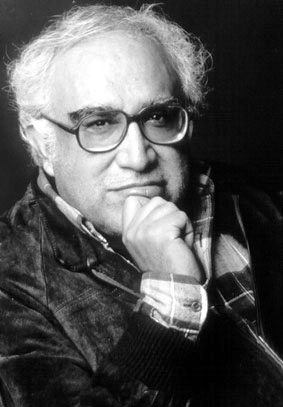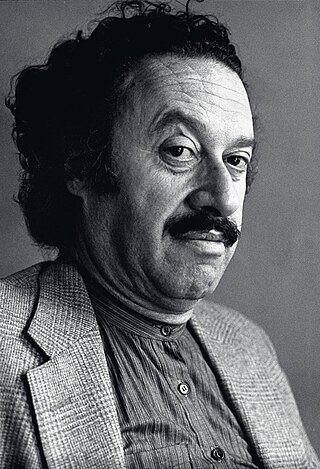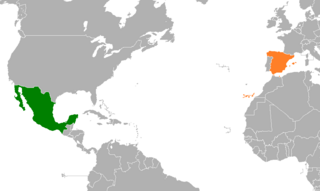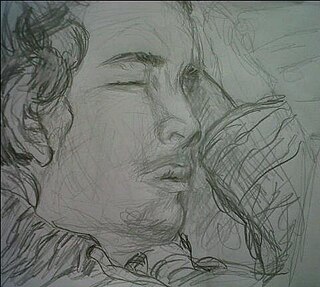Events in the year 2002 in Mexico.

Bruno Bichir Nájera is a Mexican actor and one of the members of the Bichir family.

Jorge Ibargüengoitia Antillón was a Mexican novelist and playwright who achieved great popular and critical success with his satires, three of which have appeared in English: The Dead Girls, Two Crimes, and The Lightning of August. His plays include Susana y los Jóvenes and Ante varias esfinges, both dating from the 1950s. His work also includes short stories and chronicles and is currently considered one of the most influential writers in Latin American literature.

Carlos Monsiváis Aceves was a Mexican philosopher, writer, critic, political activist, and journalist. He also wrote political opinion columns in leading newspapers within the country's progressive sectors. His generation of writers includes Elena Poniatowska, José Emilio Pacheco, and Carlos Fuentes. Monsiváis won more than 33 awards, including the 1986 Jorge Cuesta Prize, the 1989 Mazatlán Prize, and the 1996 Xavier Villaurrutia Award. Considered a leading intellectual of his time, Monsiváis documented contemporary Mexican themes, values, class struggles, and societal change in his essays, books and opinion pieces. He was a staunch critic of the long-ruling Partido Revolucionario Institucional (PRI), leaned towards the left-wing, and was ubiquitous in disseminating his views on radio and television. As a founding member of "Gatos Olvidados", Monsiváis wanted his and other "forgotten cats" to be provided for beyond his lifetime.

Pedro Infante Cruz was a Mexican ranchera singer and actor whose career spanned the golden age of Mexican cinema.

Enrique Lihn Carrasco was a Chilean writer, literary critic, and cartoonist, mostly known as a poet, but who also wrote essays, short stories, novels, plays, and comic books.
The Xavier Villaurrutia Award is a prestigious literary prize given in Mexico, to a Latin American writer published in Mexico. Founded in 1955, it was named in memory of Xavier Villaurrutia.

Manuel Gutiérrez Nájera was a Mexican writer and political figure.

Juan García Ponce was a Mexican novelist, short-story writer, essayist, translator and critic of Mexican art.

Manuel Felguérez Barra was a Mexican abstract artist, part of the Generación de la Ruptura that broke with the muralist movement of Diego Rivera and others in the mid 20th century.

Mexico–Spain relations are the bilateral relations between Mexico and Spain. Both nations are members of the Organisation for Economic Co-operation and Development, Organization of Ibero-American States and the United Nations.

Juan Pablo Plata is a Colombian writer, journalist and researcher.
Juan Manuel De la Rosa is a painter, engraver, and ceramicist known for his works on handmade paper. He studied lesser-known techniques for painting and papermaking from Japan, Egypt, Fiyi and France; his handmade paper is typically made of linen, cotton, or hemp. With these traditional approaches, he creates layers and adds new dimensions to his artworks.
José Tiburcio López Constante was governor of Yucatán, Mexico.
Teresa del Conde Pontones was a Mexican art critic and art historian.
This is a list of events that happened in 2018 in Mexico. The article also lists the most important political leaders during the year at both federal and state levels.

Puerta 1808 is an outdoor carbon steel sculpture by Manuel Felguérez installed in Mexico City, Mexico. It was inaugurated on 20 October 2007 by Marcelo Ebrard, the head of government, and was placed in the corner of Paseo de la Reforma and Avenida Juárez, in Cuauhtémoc. It is a 15 meters high sculpture that lies on a 2 meters high plinth.
Events in the year 1960 in Mexico.
This article lists events occurring in Mexico during the year 2021. The article lists the most important political leaders during the year at both federal and state levels and will include a brief year-end summary of major social and economic issues. Cultural events, including major sporting events, are also listed. For a more expansive list of political events, see 2021 in Mexican politics and government.











